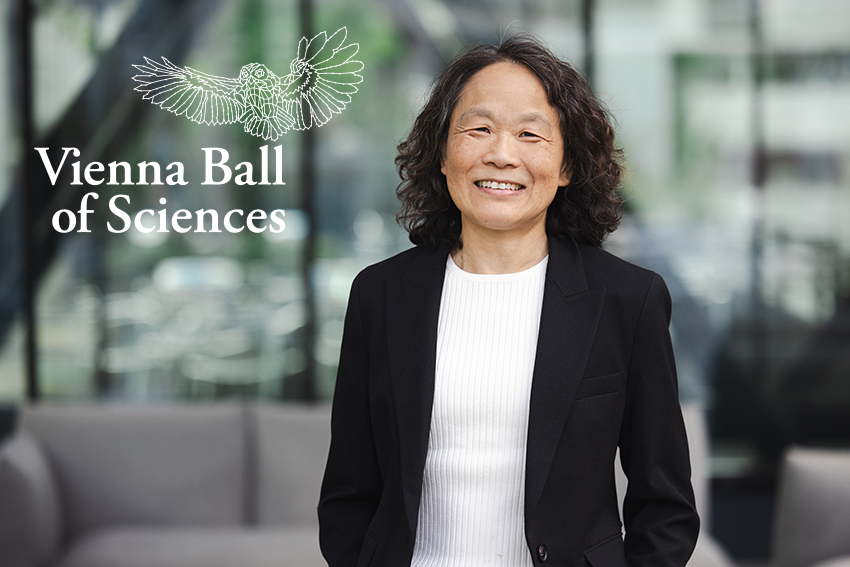
Music and science are united in their ability to help us understand our world more deeply. While science offers us the tools to explore and explain the physical universe, music taps into the emotional and intuitive aspects of our human experience. Together, music and science create a richer, deeper understanding of life—science reveals the “how,” while music helps us grasp the “why.” Science and music are also connected at an emotional level: The aesthetic pleasure one feels when hearing great music, that is abound in Vienna, is mirrored by the pleasure of making a scientific discovery.
As a scientist and a violinist, I’m thrilled to celebrate this unique connection between science and music at the Vienna Ball of Sciences. Science is not just about making discoveries in the lab; it’s about sharing this new knowledge with society and sparking curiosity in others. Science outreach plays an essential role in making complex ideas accessible and relevant to everyone, encouraging curiosity and a deeper appreciation for how the world works. And there is no better place to foster this dialogue between science and society than in Vienna, a city renowned for its rich history of art, culture, intellectual exchange – and music.
The Vienna Ball of Sciences beautifully embodies the union of music and science. The ball brings together these two worlds, showing how we can inspire and enrich one another. In a world where science plays an increasingly critical role in solving global challenges, and music continues to inspire and connect people across cultures, events like the Vienna Ball of Sciences highlight the importance of nurturing both. By bringing these disciplines together, we not only honor Vienna’s cultural heritage but also celebrate the fundamental connection between understanding and expression, between curiosity and creativity.
Elly Tanaka has been director of the Institute of Molecular Biotechnology (IMBA) in Vienna since 2024. The American founded her own laboratory at the Max Planck Institute of Molecular Cell Biology and Genetics in Dresden in 1999. In 2008, she became a professor at the Center for Regenerative Therapies Dresden (CRTD), of which she later became director. From 2016 to 2024, Tanaka was Senior Group Leader at the Research Institute of Molecular Pathology (IMP), also at the Vienna BioCenter.